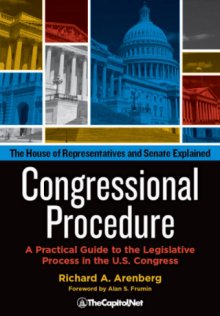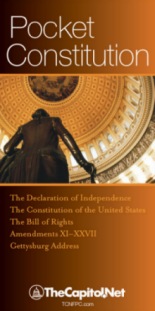The “Regular Order”: A Perspective (CRS R46597)
Many contemporary lawmakers urge a return to “regular order” lawmaking. In general, the regular order refers to a traditional, committee-centered process of lawmaking, very much in evidence during most of the 20th century. Today, Congress has evolved to become largely a party-centered institution. Committees remain important, but they are less important than previously as “gatekeepers” … Read more



